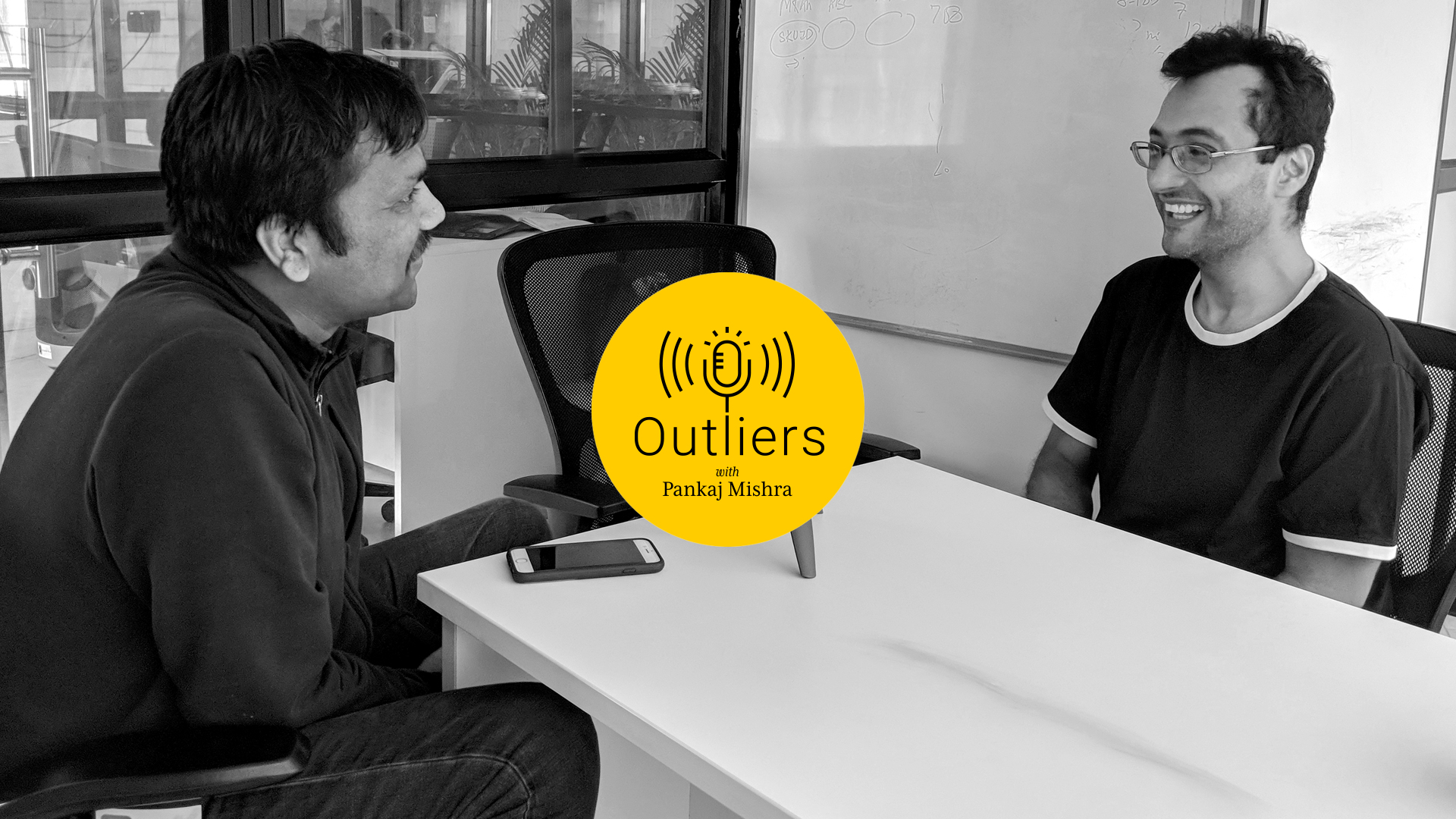“The biggest investment you make in a startup is your time; it’s not capital or anything else.” The first big lesson for Kabeer Biswas, from his first startup Hoppr is that entrepreneurship is more about the time than anything else.
Biswas, who co-founded Dunzo, is potentially building the next unicorn, or the startup with over billion dollar valuation. But that’s not what makes him and Dunzo outliers.
“Our mission is to go ahead and say we’re going to make cities more convenient and we’re going to make sure that every store in the city can be transacted with,” he says.
“That’s a massive business. It’s not the business of hyper-convenience, time—this is the business of buying and shopping. This is the business of local commerce.”
“And nobody wants to give you money because logistics as business lost a lot of money in 2015-2016.”
So why go on building it when none of the investors were ready to write the big cheques?
“Because the users wanted it,” he says.
And it continues to be frustrating for Kabeer and his co-founders to explain why Dunzo deserves bigger rounds of funding to fulfil its mission.
By September of 2017, Dunzo actually became profitable. But it was also the year when Kabeer and his team faced a near death experience.
“We ran out of money in June. And by that time we had got 85 people (potential investors) to say “no” to us.”
Dunzo has been an outlier from the time it was born on a WhatsApp group in 2014 and kept battling it’s near death experiences despite a growing community of users who loved the app.
Much before Google invested in Dunzo earlier this year and it became a popular startup, FactorDaily wrote this story in August 2016. “Dunzo! How a hyperlocal concierge app is killing it in Bengaluru”


